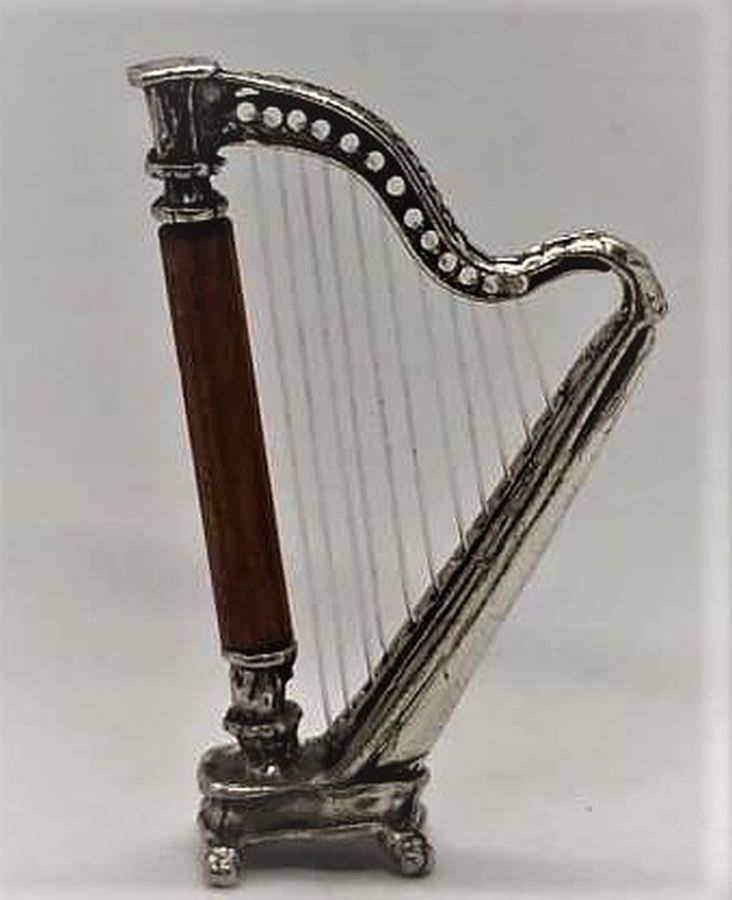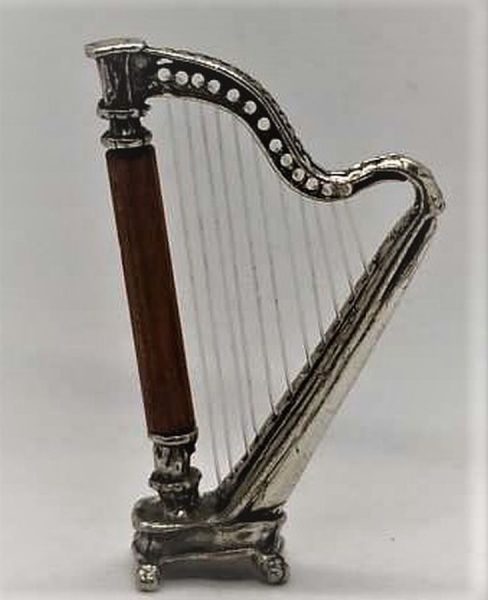King David, known as the “sweet psalmist of Israel” (2 Samuel 23:1, NLT), was a powerful king and a highly talented musician. His musical gifts played a pivotal role in shaping Israel’s spiritual life and left a lasting legacy for both Christian worship and gospel music today. Let’s explore David’s significant musical achievements, his impact on King Saul and the Israelites, his incredible organization of 4,000 musicians, and what his life of worship can teach believers today.
See more Did you know? articles
David’s Music and Its Healing Effect on King Saul
David’s ability to play the harp was not only impressive but also deeply effective, especially when it came to ministering to King Saul. In 1 Samuel 16:14-23 (NLT), we see how David’s music brought relief to Saul, who was being tormented by an evil spirit. The scripture says: “Whenever the tormenting spirit from God troubled Saul, David would play the harp. Then Saul would feel better, and the tormenting spirit would go away” (1 Samuel 16:23, NLT).
David’s music was not just for entertainment; it provided spiritual healing and peace. Many theologians believe that his music was powerful because of his close relationship with God. Constance M. Cherry notes that in biblical contexts, music often served as a medium for spiritual warfare and healing, particularly when it came from a heart that worshipped God, as David’s did (Cherry, 2010). His music ministered deeply to Saul’s troubled soul, showcasing how sacred music can touch the spirit and bring divine comfort.
David’s Influence on the Israelites Through Music
David’s musical influence extended beyond King Saul’s court. As a king, David institutionalized music as a core component of Israel’s worship, recognizing its importance in leading people to praise and devotion. 2 Samuel 6:5 (NLT) describes a scene where David led the entire nation in a grand celebration, dancing and playing music as they brought the Ark of the Covenant back to Jerusalem. This moment reflects David’s belief that music wasn’t just an individual act of worship, but a communal one that engaged the whole nation.
David’s psalms, many of which were songs of praise and worship, became the foundation for Israel’s worship and remain central to Christian liturgy today. His leadership in music helped shape Israel’s spiritual identity, making worship and praise a cornerstone of their relationship with God. Tim Keller observes, “David understood that worship is not simply a private affair; it is communal, designed to bring the people of God together to glorify Him” (Keller, 2016).
Sign up for the Connect Nigeria daily newsletter
David’s Organization of 4,000 Musicians
One of David’s most remarkable accomplishments as a musician was organizing 4,000 Levites to serve as musicians in the temple. 1 Chronicles 23:5 (NLT) states, “Of these, 4,000 will praise the Lord with the musical instruments I have made.” This massive choir and orchestra were unlike anything seen before or after, highlighting David’s deep commitment to worshipping God through music.
David’s vision was extraordinary as no other king is recorded in scripture as having assembled such a large and dedicated group of musicians. These 4,000 musicians played an integral role in elevating temple worship, creating an atmosphere where music became a central act of devotion. Leaders like Asaph, Heman, and Jeduthun were tasked with directing these choirs, ensuring that the music reflected both quality and spiritual depth (1 Chronicles 25:1-6). As Cherry explains, David’s establishment of music in worship set a standard that future generations of worship leaders would look to as an example of how music can help people experience God (Cherry, 2010).
Lessons from the Life of King David for Christians and Gospel Musicians
David’s life as a worshiper and musician holds valuable lessons for today’s Christians, particularly those involved in gospel music ministry.
- Music as Ministry: David’s music was more than performance—it was a ministry that brought healing, worship, and spiritual warfare. For today’s gospel musicians, this is a reminder that music in the Christian context is a form of ministry that should draw people into God’s presence and offer comfort to those in need.
- Excellence in Worship: David didn’t settle for mediocrity in worship. By organizing 4,000 musicians, he demonstrated the importance of excellence in music ministry. Today’s gospel musicians should strive for dedication, practice, and the pursuit of excellence as a way of honouring God through their gifts.
- Worship from the Heart: Despite his status as king, David worshipped God with abandon, as we see in 2 Samuel 6:14 (NLT) when he danced before the Lord “with all his might.” His humility in worship teaches modern worship leaders and musicians to approach their ministry with passion and sincerity, not worrying about how others perceive them, but focusing solely on glorifying God.
- Music as a Unifying Force: David used music to bring the people of Israel together in worship. In the same way, today’s musicians can use their gifts to unite people from different backgrounds, cultures, and denominations through the universal language of music.
Register to attend the CN Business Mixer
Conclusion
David was not only a highly skilled and influential musician but also a visionary leader who understood the transformative power of music in worship. From soothing King Saul’s troubled spirit to shaping the worship of Israel through his psalms and his organization of 4,000 musicians, David’s legacy continues to inspire. His life reminds us that music when offered as genuine worship, can bring healing, unity, and a deeper experience of God’s presence. For today’s believers and gospel musicians, David’s example encourages us to pursue excellence, humility, and heartfelt devotion to God in all aspects of worship.
Featured Image Source: Jerusalem Mall
Got a suggestion? Contact us: [email protected]


